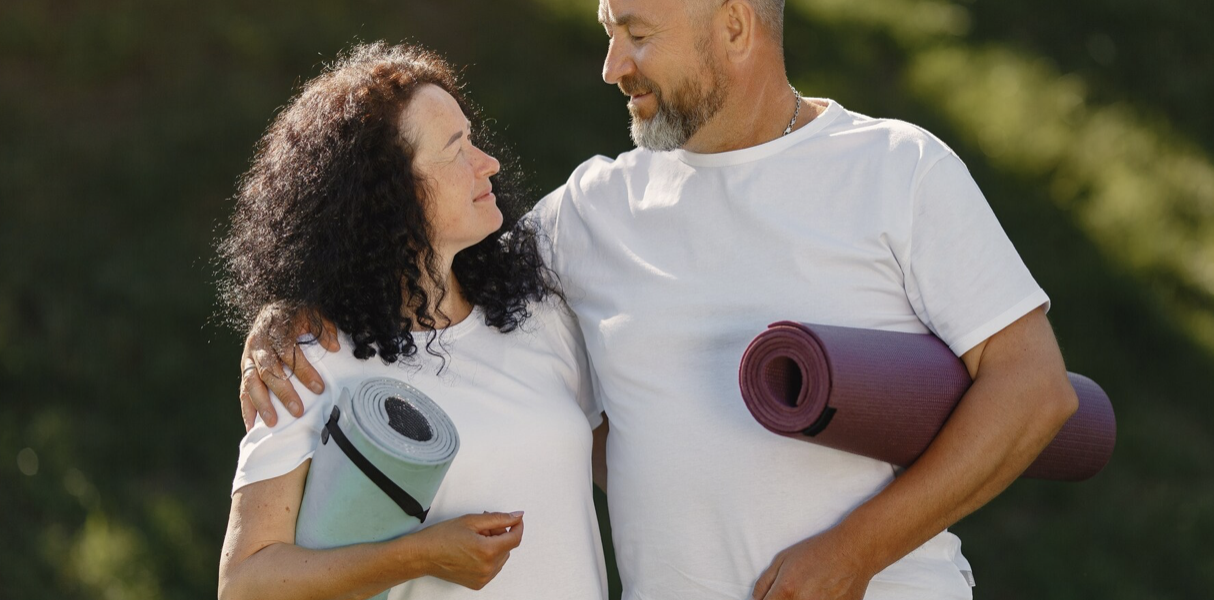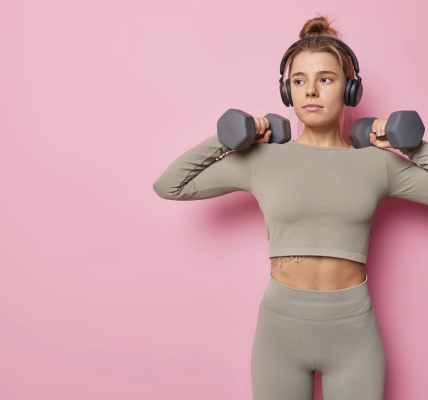When most people think about exercise, they focus on its physical benefits: weight loss, muscle gain, improved endurance, and a healthier heart. But exercise is much more than a tool for physical transformation — it’s a powerful catalyst for mental well-being, emotional stability, and even cognitive function.
In fact, some experts argue that exercise is the most underutilized antidepressant and one of the most effective ways to boost overall health and longevity. In this longread, we’ll explore the profound connection between physical activity and mental health, why movement is essential for the body and brain, and how you can create a sustainable exercise routine that supports both.
The Science of Exercise and Mental Health
Exercise has a direct impact on brain chemistry, mood regulation, and stress management. It affects the body in a variety of ways that contribute to better mental health:
- Releases “Feel-Good” Chemicals
Physical activity triggers the release of endorphins — neurotransmitters often referred to as the body’s natural painkillers and mood elevators.- Result: Improved mood, reduced anxiety, and a natural “high” that can last for hours after a workout.
- Reduces Stress Hormones
Exercise lowers levels of cortisol and adrenaline, the body’s primary stress hormones, helping you feel calmer and more relaxed.- Result: Reduced feelings of tension and better management of daily stressors.
- Boosts Brain Function and Neuroplasticity
Regular exercise increases blood flow to the brain, delivering oxygen and nutrients that enhance cognitive function and promote the growth of new neurons (neurogenesis).- Result: Improved memory, focus, and mental clarity.
- Enhances Sleep Quality
Physical activity helps regulate the body’s internal clock (circadian rhythm), making it easier to fall asleep and enjoy restorative, deep sleep.- Result: Better sleep, which further enhances mood, energy levels, and cognitive function.
- Increases Self-Esteem and Confidence
Achieving fitness goals, no matter how small, can boost your self-esteem and give you a sense of accomplishment.- Result: Enhanced self-worth and body image.
Mental Health Conditions Improved by Exercise
Exercise isn’t just a mood booster—it can be an effective part of treatment for various mental health conditions:
1. Depression
Numerous studies have shown that regular exercise can be as effective as antidepressant medications for mild to moderate depression. It increases the production of serotonin and dopamine, neurotransmitters that play a key role in mood regulation.
What works:
- Aerobic exercises like walking, running, or cycling.
- Strength training, which also releases endorphins.
2. Anxiety
Exercise helps reduce symptoms of anxiety by increasing feelings of calm and relaxation. It also provides a healthy outlet for nervous energy.
What works:
- Yoga and Pilates, which incorporate breathing and mindfulness.
- Swimming or jogging, which have a meditative, repetitive quality.
3. Stress
Physical activity reduces cortisol levels and activates the parasympathetic nervous system, which helps the body return to a state of calm after stress.
What works:
- High-intensity interval training (HIIT) to release pent-up tension.
- Walking in nature (known as “green exercise”) for a calming effect.
4. ADHD
Exercise boosts dopamine, norepinephrine, and serotonin levels—neurotransmitters that play a key role in focus and attention.
What works:
- Martial arts or dance, which require coordination and focus.
- Team sports that provide structure and social interaction.
5. Cognitive Decline and Dementia
Regular exercise has been shown to reduce the risk of cognitive decline and improve brain function in older adults.
What works:
- Brisk walking or other moderate-intensity aerobic activities.
- Balance and coordination exercises, such as Tai Chi.
Physical Health Benefits of Exercise
While the mental health benefits are profound, let’s not forget the extensive physical health advantages of regular exercise:
- Improves Heart Health: Strengthens the heart muscle, lowers blood pressure, and improves circulation.
- Regulates Blood Sugar: Enhances insulin sensitivity, reducing the risk of type 2 diabetes.
- Supports Weight Management: Helps burn calories and build lean muscle mass.
- Strengthens Bones and Joints: Increases bone density and reduces the risk of osteoporosis.
- Boosts Immune Function: Enhances the body’s ability to fight off infections and recover from illness.
How Much Exercise Do You Need?
The World Health Organization (WHO) recommends:
- 150-300 minutes of moderate-intensity aerobic activity per week, or
- 75-150 minutes of vigorous-intensity aerobic activity per week, plus
- 2 days of muscle-strengthening activities.
However, even small amounts of physical activity can be beneficial. The key is consistency.
Creating a Sustainable Exercise Routine
The best exercise routine is one you can stick to. Here’s how to build a sustainable, enjoyable fitness plan:
1. Find What You Enjoy
Exercise doesn’t have to mean going to the gym. Find activities that you genuinely enjoy, whether it’s dancing, hiking, swimming, or playing a sport.
2. Start Small
If you’re new to exercise, start with small, manageable goals. Even a 10-minute walk can make a difference.
3. Make It Social
Exercising with friends or joining a class can make physical activity more enjoyable and help you stay motivated.
4. Mix It Up
Incorporate a variety of activities to keep things interesting and work different muscle groups.
5. Listen to Your Body
Pay attention to how your body feels and adjust your routine accordingly. Rest is just as important as movement.
Exercise and Mental Health: A Powerful Combination
The connection between physical activity and mental health is undeniable. By incorporating regular exercise into your routine, you can improve not only your physical fitness but also your emotional well-being, cognitive function, and overall quality of life.
Remember, it’s not about perfection — it’s about progress. Every step, every stretch, and every deep breath brings you closer to a healthier, happier you.






